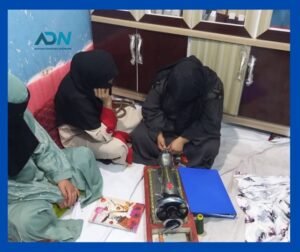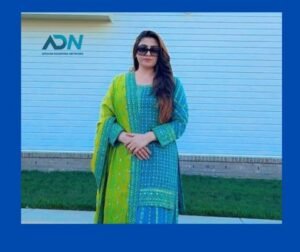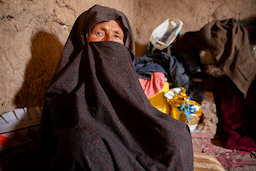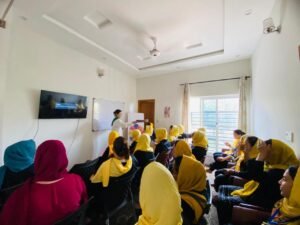Outcry of Afghan Women: U.N. Doha Meeting Sparks Protests Against Taliban Regime
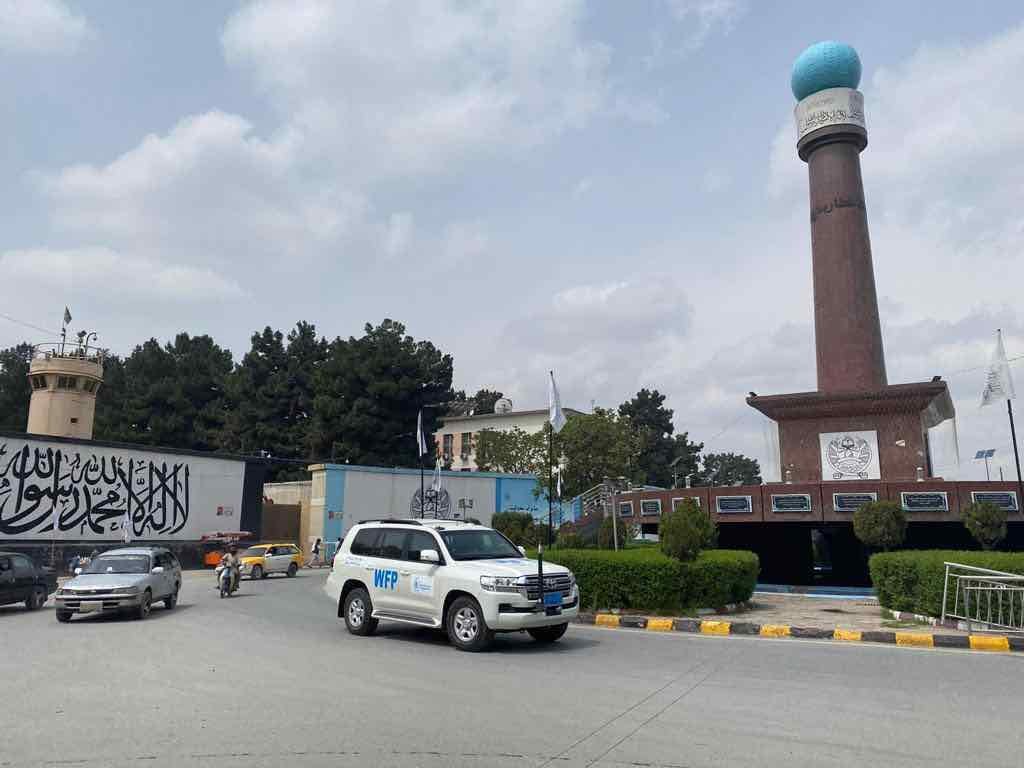
By Nazila Jamshidi
In order to reach a consensus regarding how to interact with the Taliban, the U.N. hosted a meeting in Doha on May 1 and 2. The meeting sparked a response from Afghan women all over the world.
Amina Mohammed’s, the United Nations deputy secretary-general, statement on April 19 at the Princeton School of Public and International Affairs about hosting a conference to discuss granting recognition to the Taliban sparked another wave of protest by Afghan women inside and outside Afghanistan. Afghan women whose every fundamental right is erased by the Taliban voiced out and strongly criticized the U.N. for holding a discussion about the international community’s engagement with the Taliban that could potentially lead to recognition.
From the streets of Kabul to Islamabad and many countries worldwide, women protested Amina Mohammed’s statement and the U.N. decision to host a conference where some recognition of the Taliban government could be on the table. On April 29, Afghan women in fifteen cities worldwide chanted, “We will fight, we will die to get back our basic rights.” Addressed to the U.N., tens of statements and open letters were written by various groups of women’s rights activists expressing their deep concern and opposition to any political initiative that possibly can facilitate the recognition of the Taliban regime. In one open letter by a group of 81 activists, intellectuals, and human rights defenders, the Afghan diaspora called on the U.N. to offer a public explanation about the remarks of Amina Mohammed, which intensely disappointed women. In their statement, they also called on other nations, including Canada, Germany, Sweden, and many other countries that prioritize women’s rights and human rights in their foreign policies to stand against any step toward formally recognizing the oppressive Taliban regime.
There were different reactions by regional leaders, Taliban leadership, and some analysts to women’s protest against the statement by Amina Mohammed that specifically said: “Out of that [Doha meeting], we hope that we’ll find those baby steps to put us back on the pathway to recognition, a principled recognition.” For example, Pakistan’s former Ambassador to Afghanistan and to the U.N, Mansoor Khan, believes that the U.N. leadership does not formally recognize the legitimacy of any government and that women’s anger was unnecessary. However, the U.N. General Assembly’s committee, which is formed of representatives from different member states, can vote on whether to grant credentials to any group governing a nation. Some analysts believe that the statement by Amina Mohammed is her personal opinion and that such steps for enabling recognition of an oppressive regime go against the core values enshrined in the U.N. charter. However, as Afghanistan is in a dire humanitarian crisis, the U.N. must keep running its essential humanitarian relief operations in the country. Thus the U.N. needs to remove the central barriers in front of delivering humanitarian aid. This ignites the flame of fear in Afghan women that the U.N. will use its leverage to give the Taliban what they significantly desire, especially in the wake of a statement by Amina Mohammed “The Taliban clearly want recognition, and that’s the leverage we have.”
The two-day meeting on Afghanistan in Doha ended without any formal acknowledgment of the Taliban-led government by the participants and without the Taliban’s participation. In addition, U.N. Secretary-General António Guterres said, “We will always speak out when millions of women and girls are being silenced and erased from sight. This is a grave violation of fundamental human rights.” To Afghan women, this results from all the voices raised against any action that compromises their rights as human beings. Afghan women, once again, made a firm message to the world leaders that only a reversal of the Taliban’s oppressive policies should open the door to formal engagement. They also indicated that any unconditional agreement without a precise and robust mechanism for enforcement is void by women, and they will resist it.
Nazila Jamshidi – a gender equality and human rights specialist involved in Afghanistan’s development and democracy processes for the past decade – has worked for the UN, USAID, the International Federation of Red Cross.
Note: The contents of the article are of sole responsibility of the author. Afghan Diaspora Network will not be responsible for any inaccurate or incorrect statement in the articles.


